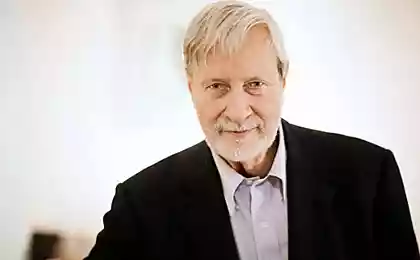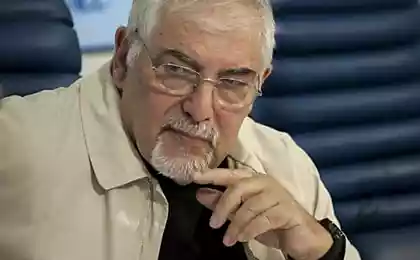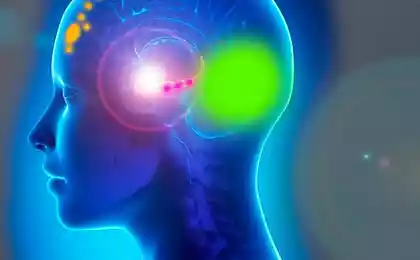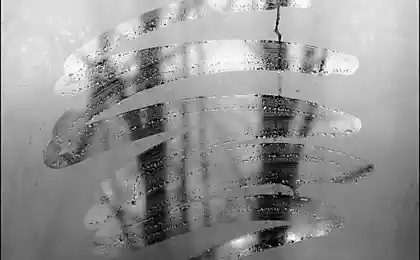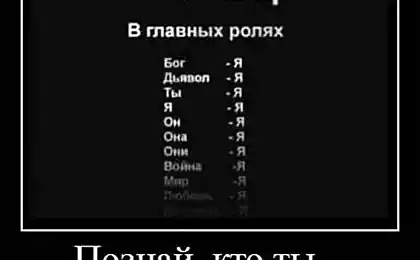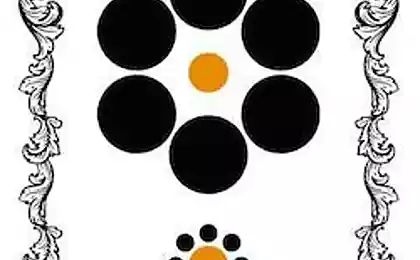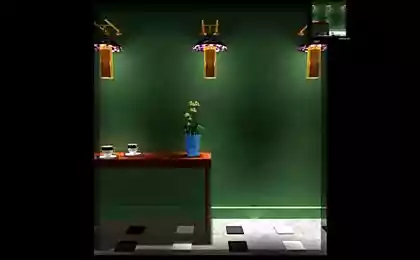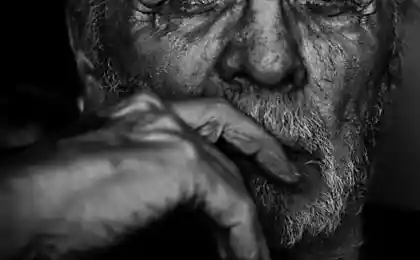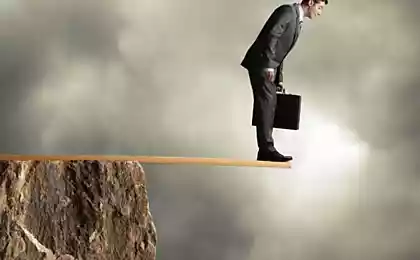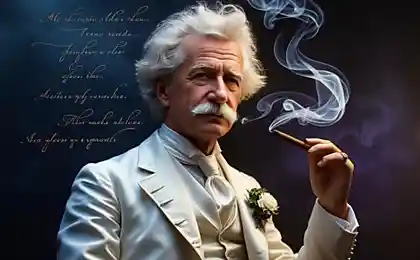158
The Paradox of Truth: When Pain Becomes Medicine

In the depths of the human psyche lurk paradoxes that can change our understanding of reality. What we avoid hearing often holds the keys to our liberation. Every loss is a gain, and every mistake is a guide to the truth. Welcome to a world of psychological paradoxes where pain becomes a teacher and fear becomes a compass.
Fear as a Navigator of Inner Truth
Neurobiological studies show that our brains are designed to avoid discomfort. The amygdala, an ancient structure of the limbic system, is instantly activated at the slightest hint of a threat. But what if this “threat” is just a truth about ourselves that we are not prepared to accept?
Every time you feel an inner resistance to someone’s words, stop. Perhaps your psyche is trying to protect you from information that could change your whole life.
Psychotherapist Carl Jung referred to this phenomenon as the “shadow,” the part of the personality we reject and project onto others. Current research confirms that people who are able to integrate feedback that initially seems painful show higher rates of psychological resilience and personal growth.
Leste Techniques of working with fear of truth 3-2-1: When you feel resistance, ask yourself 3 questions: “What exactly is bothering me?”, “What part of this could be true?”, “How can this information help me?” ?
Keep a Discomfort Diary: Write down situations where someone’s words trigger a strong emotional reaction.
Practicing the Golden Rule of Feedback: Thank for honesty, even if it’s painful
The alchemy of loss: when loss becomes liberation

The paradox of loss is that we can only lose what never really belonged to us. Buddhist philosophy and modern cognitive psychology agree on one thing: most of our suffering is due to attachment to illusions.
A Harvard University study found that people who experienced significant losses often report a deeper understanding of life priorities and greater resilience to stress.
Neuropsychologist Rick Hanson explains this phenomenon through the prism of neuroplasticity: the traumatic experience of loss activates the adaptive mechanisms of the brain, forming new neural connections that make us more flexible and resilient.
What really can't be taken away
Victor Frankl, who survived the concentration camp, wrote: “Everything can be taken from a person except one thing – the freedom to choose one’s attitude to any circumstances.” Contemporary positive psychology confirms that our internal resources – the ability to make sense, emotional regulation, creative thinking – remain with us regardless of external circumstances.
The Psychology of Resistance: Why we value the inaccessible
The phenomenon of reactive resistance, described by social psychologist Jack Brehm, explains why we often want what is not available to us. This mechanism is evolutionarily driven: our ancestors survived by the ability to obtain resources that were difficult to obtain.
We fall in love with people who keep us at a distance, pursue careers in areas where we are rejected, and dream of things that seem unattainable. But what happens when we realize that resistance is an illusion?

The principle of internal capacity: we have only as much as we can take
This paradox is confirmed by Julian Rotter’s locus of control theory. People with an internal locus of control—those who believe in their ability to influence events—do indeed achieve great things in life. But here lies a deep truth: our ability to receive and retain benefits is directly related to our inner readiness for them.
✦ The practice of “Gradual Expansion of the Comfort Zone”: Do something every day that causes slight discomfort
Internal Audit Technique: Regularly assess whether your desires match your willingness to accept them
Plenty Meditation: Visualize yourself worthy of all the blessings you desire.
Dealing with Beliefs: Identify and Transform Limiting Attitudes About Your Opportunities
The Zeigarnik effect: unfinished business as an engine of development
Psychologist Bluma Zeigarnik has discovered a surprising phenomenon: we remember unfinished tasks better than completed ones. This feature of our brain explains why unclosed gestalts continue to scroll through our minds.
Modern research shows that unfinished business activates the prefrontal cortex, stimulating creative thinking and finding solutions. The paradox is that our inefficiency may be a hidden mechanism of development.
The wisdom of the past: why the past is a gift
Neurobiological studies of memory show that our brains don’t just store the past – they are constantly reconstructing it. Every memory retrieved from memory is slightly altered by our current state. The past is not static, it lives and transforms with us.
The wonderful thing about the past is that it allows us to rewrite our history all the time. Every day we can reinterpret our experience, finding new meanings and lessons in it.
The paradox of right mistakes
The concept of “useful failure” in cognitive science shows that mistakes play a key role in learning. Studies show that students who make mistakes in the process of learning material demonstrate better understanding and memorization of information than those who learn only the correct answers.
When we make a mistake, the anterior cingulate cortex is activated in the brain, an area responsible for detecting conflicts and adapting behavior. This “error” signal triggers processes that strengthen the right neural connections and weaken the wrong ones. Error becomes a biological learning mechanism.
Practical application of paradoxes
Leste Integrating Paradoxical Thinking into Everyday Life Meet Criticism as a Gift: Every Remark Is a Free Self-improvement Consultation
Reframe Loss as Liberation: Losing a Job – Liberating New Opportunities
Use Resistance as a Compass: What you resist often indicates the direction of growth.
Turn mistakes into experiments: each failure is the data for the next attempt.
Practicing ‘Gratefulness for Complexities’: Difficult periods develop psychological resilience
Remember, truth doesn’t always come in convenient packaging. Sometimes the most precious gifts of life look like problems. Learn to see in every challenge an invitation to growth, in every loss a release for something new, in every mistake a stepping stone to mastery.
✦ Glossary ✦
Amygdala
The structure of the limbic system of the brain responsible for processing emotions, especially fear and anxiety. It plays a key role in the fight-or-flight response.
The Zeigarnik Effect
Psychological phenomenon: People remember unfinished or interrupted actions better than completed ones.
Jet resistance
A psychological phenomenon in which a person seeks what is forbidden or inaccessible to him, as a way of restoring a sense of freedom of choice.
Location of control
A psychological concept that reflects a person’s tendency to attribute responsibility for events to external forces or their own abilities and efforts.
Neuroplasticity
The ability of brain neural networks to change through growth and reorganization. It involves the formation of new neural connections throughout life.
Prefrontal cortex
The area of the brain responsible for executive functions: planning, decision-making, impulse control and working memory.
gestalt
An integral structure or pattern of perception. In psychology, an unfinished situation requires completion for psychological comfort.
Shadow (by Jung)
An archetype of the collective unconscious, representing hidden, rejected, or undeveloped aspects of personality.
12 Signs You Are Thinking Too Much About The Future
12 Signs You Are Thinking Too Much About The Future


